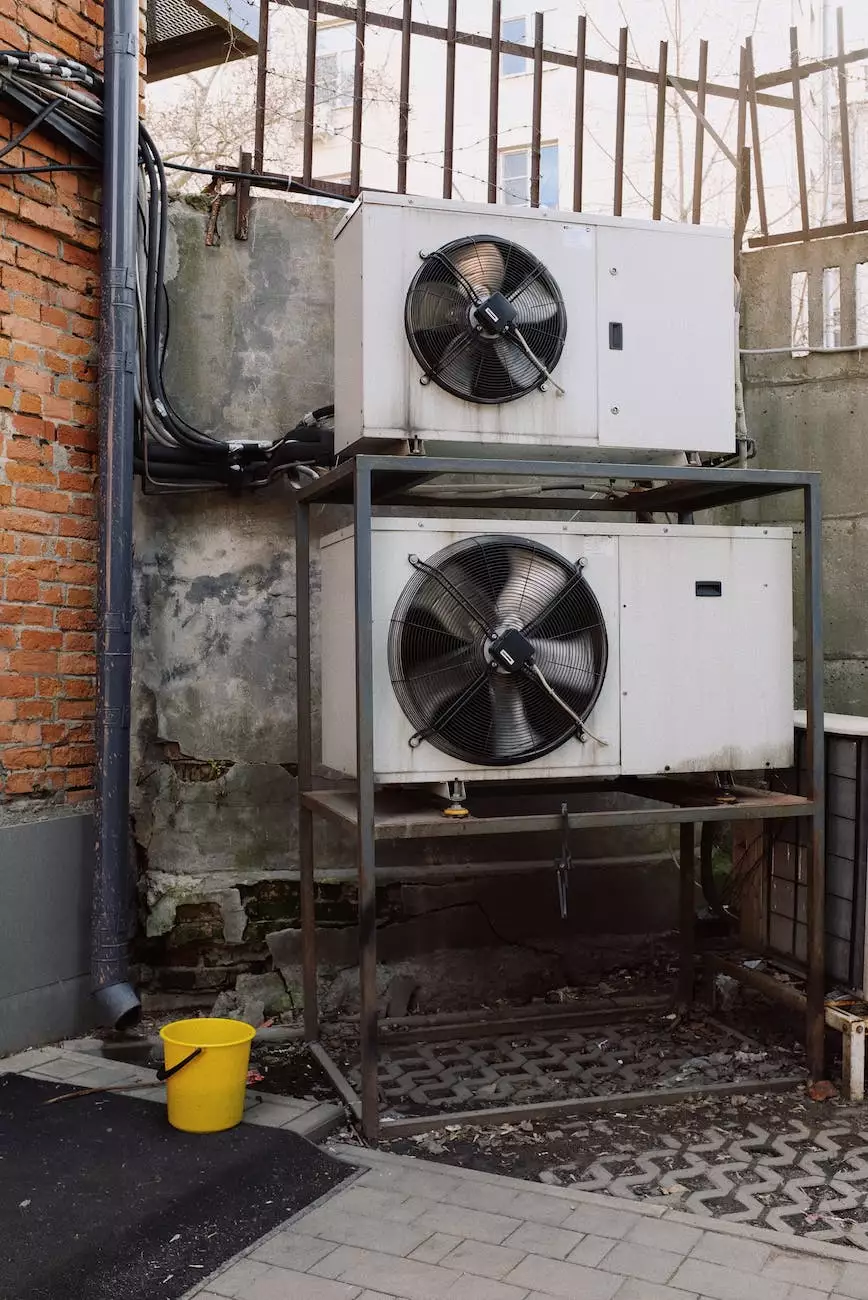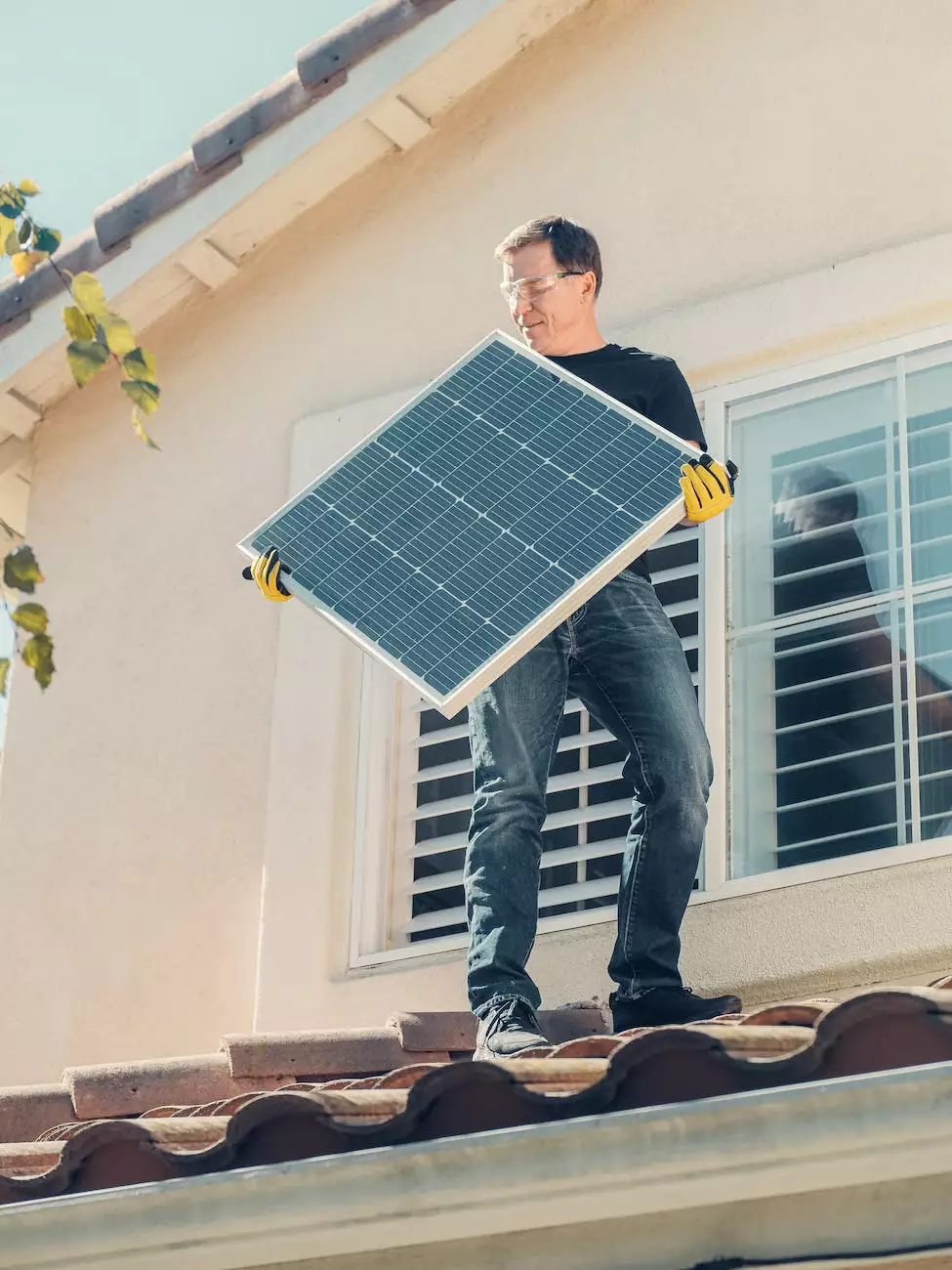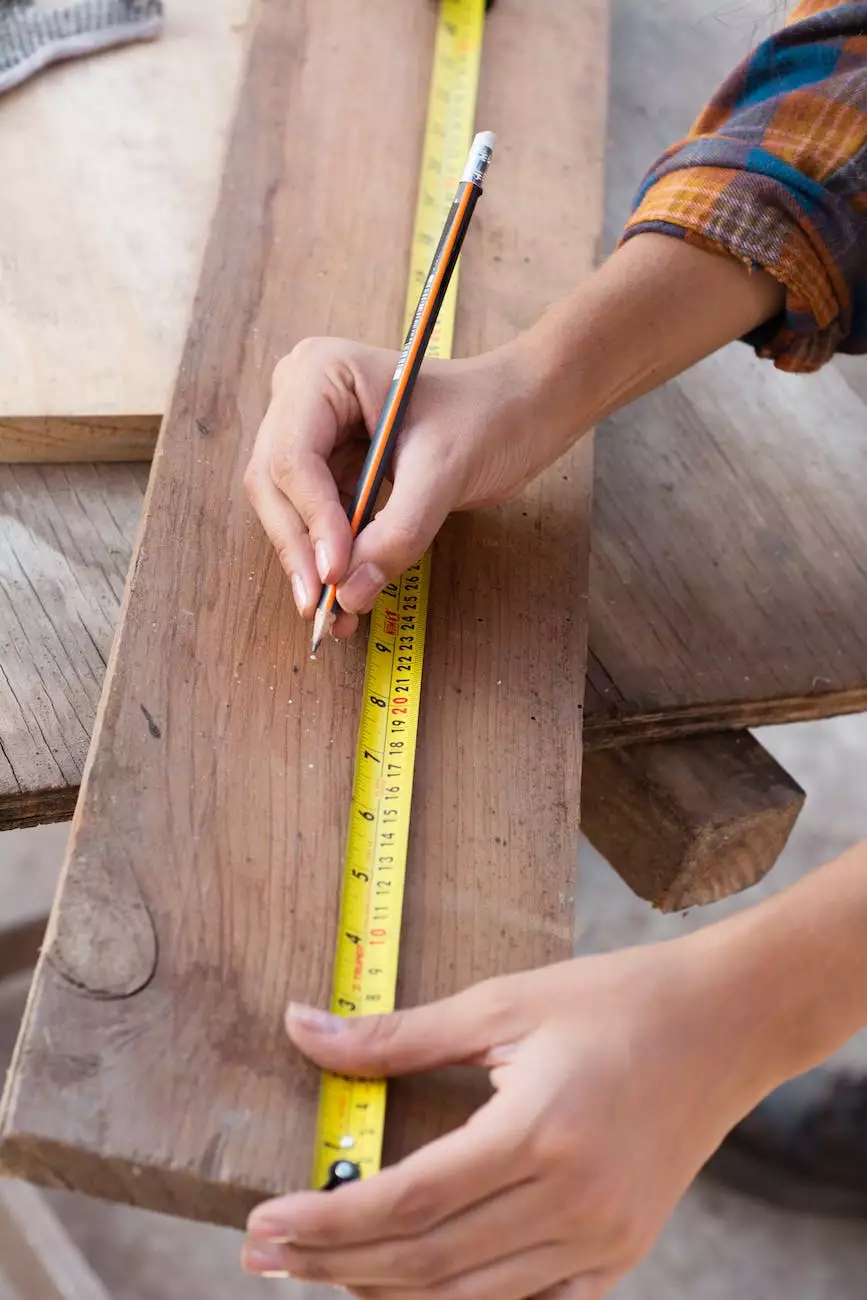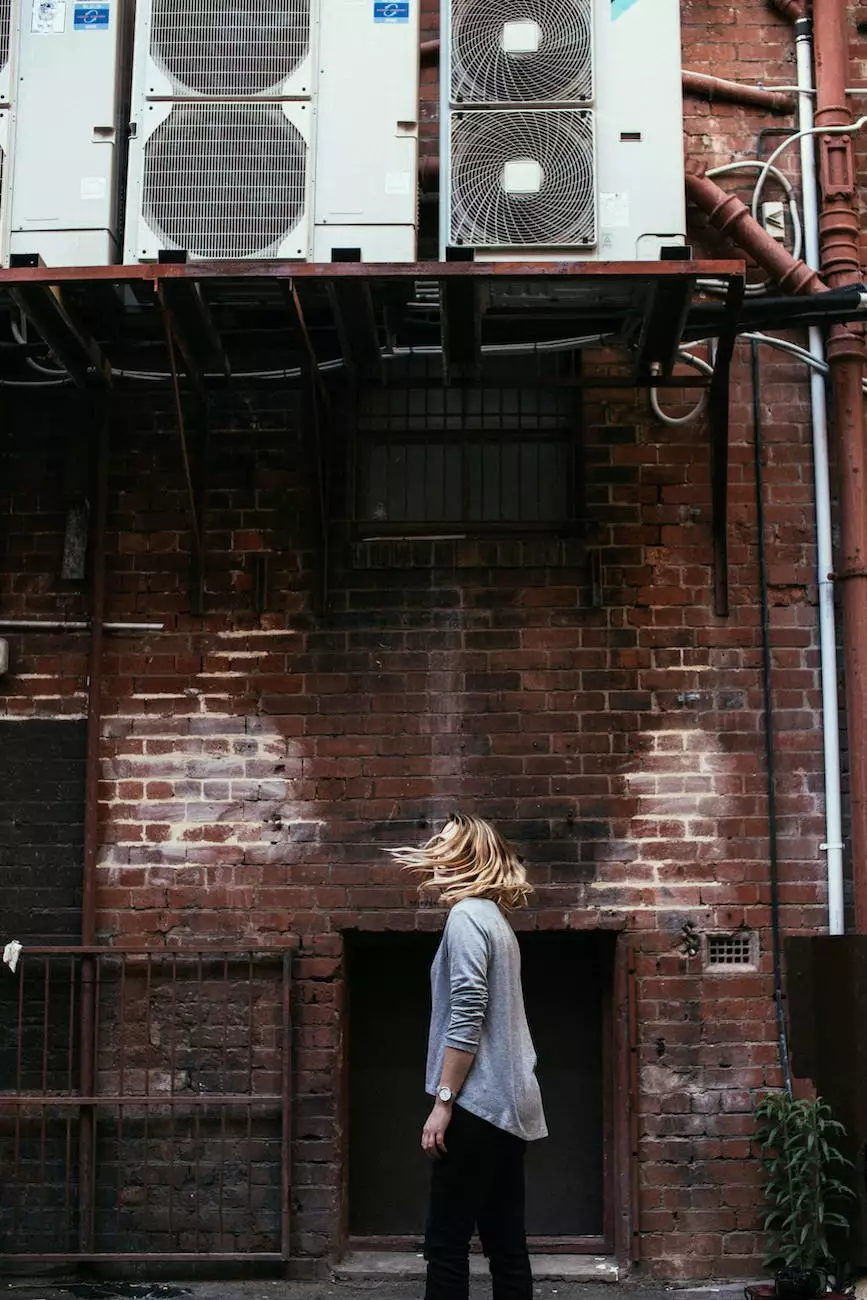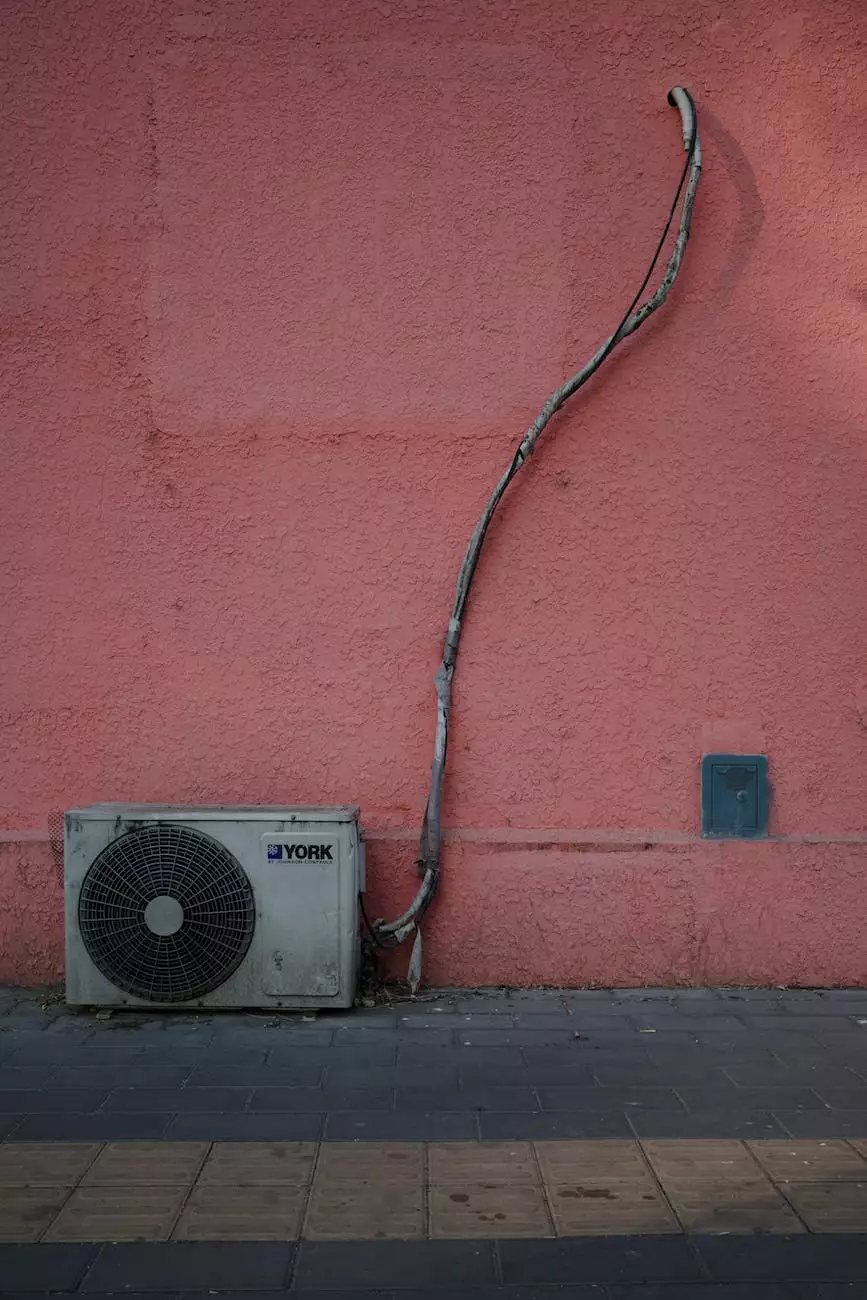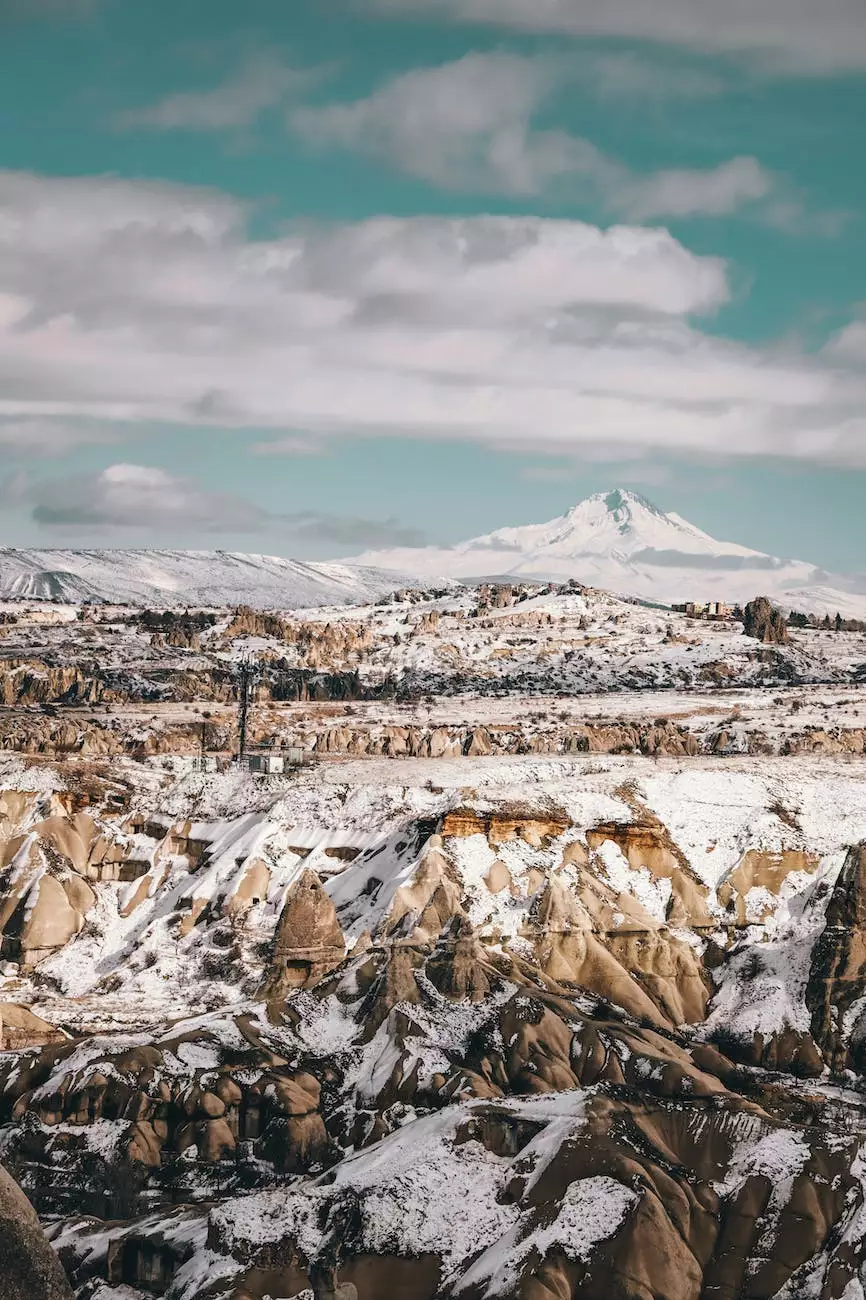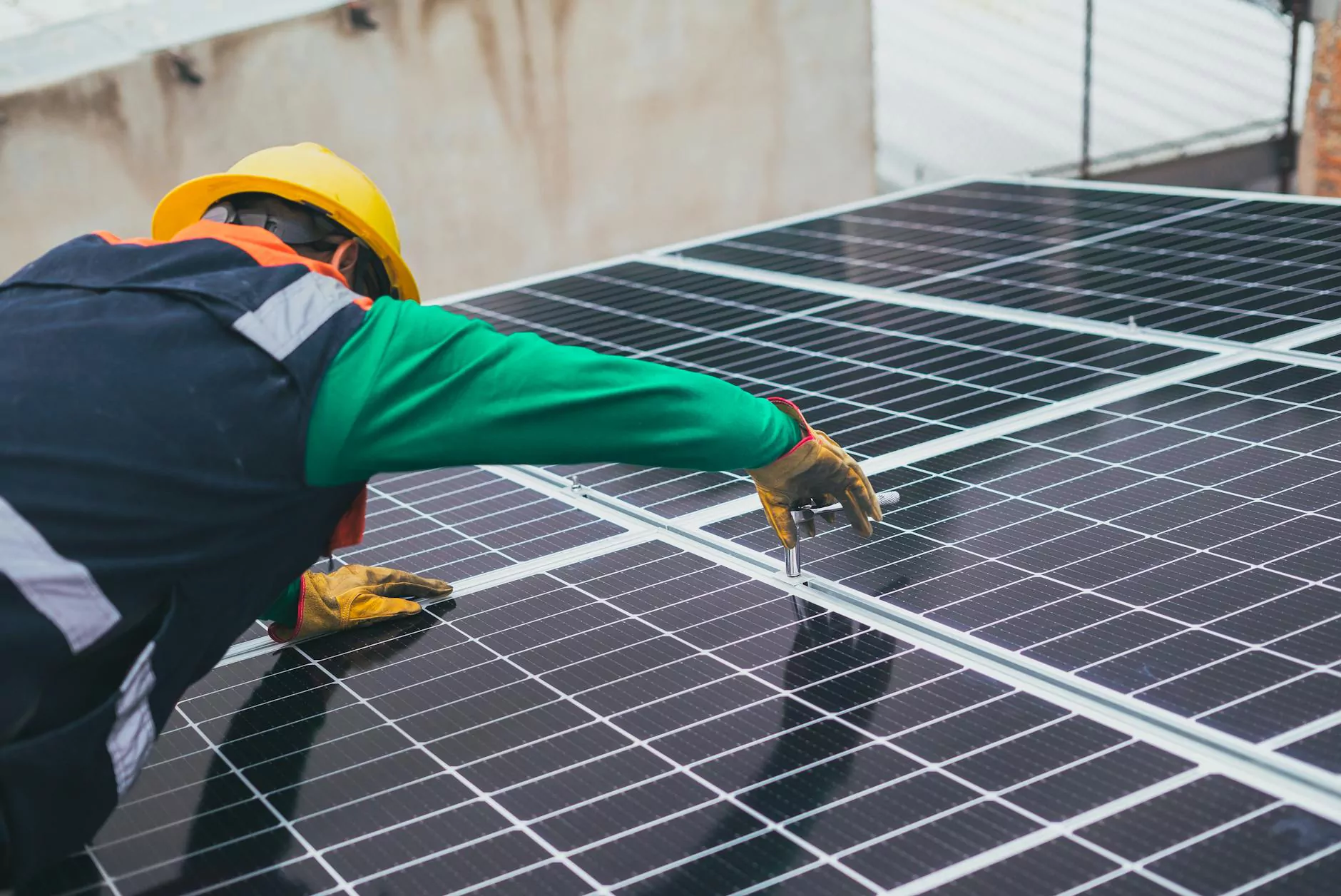Can I Shut Down My Boiler For Summer?
Services
Introduction
Welcome to Alpine Heating & Air Conditioning, where we provide expert HVAC services, including boiler maintenance and repair. In this article, we will answer the common question, "Can I shut down my boiler for summer?" and provide you with comprehensive information to help you make an informed decision.
Understanding Boilers
Boilers are essential heating systems that provide warmth and comfort during the colder months. They work by heating water, which then circulates through radiators or underfloor heating systems, effectively warming the space. Although they are primarily used in winter, many homeowners wonder if it is safe to shut down their boilers for the summer.
Benefits of Shutting Down the Boiler
Shutting down your boiler for the summer can offer several benefits:
- Energy Savings: By turning off your boiler during the warmer months, you can reduce energy consumption and save on utility bills.
- Extended Lifespan: Giving your boiler a break from constant operation can help prolong its lifespan.
- Reduced Wear and Tear: Allowing your boiler to rest during periods of low heating demand can minimize wear and tear on its components.
Considerations Before Shutting Down
While there are advantages to shutting down your boiler for summer, certain considerations must be taken into account:
- Hot Water Supply: If your boiler also provides hot water for household use, make sure you have an alternative hot water source to meet your needs.
- Preventive Maintenance: Before shutting down your boiler, it is crucial to perform necessary maintenance tasks or schedule a professional service to ensure it is in optimal condition.
Properly Shutting Down Your Boiler
To safely and adequately shut down your boiler for summer, follow these steps:
1. Turn Off the Power
Locate the power switch or circuit breaker connected to your boiler and switch it off. This step eliminates the risk of accidental operation during the shutdown period.
2. Turn Off the Gas Supply
If your boiler runs on natural gas or propane, locate the shut-off valve and turn it off. This precautionary measure ensures that no gas is flowing to the boiler while it is not in use.
3. Allow the Boiler to Cool
Before performing any maintenance or cleaning tasks, give your boiler sufficient time to cool down. This can prevent accidental burns or injuries during the process.
4. Drain the Boiler
If you plan to keep your boiler shut down for an extended period, it is advisable to drain the system. This step prevents any water or moisture-related issues, such as rust or corrosion, while the boiler is not in use. Consult your boiler's manual or seek professional assistance to ensure a proper draining procedure.
5. Clean and Inspect
Once the boiler has cooled and been drained, thoroughly clean the exterior and inspection ports. Remove any debris, such as dust or cobwebs, that may have accumulated. Inspect the venting system to ensure it is clear and free from obstructions.
6. Storing Boiler Components
If you need to store any removable components, such as filters or burners, clean them thoroughly and place them in a safe and dry area. This practice helps prevent damage and ensures they are ready for use when you reactivate your boiler.
Maintaining Your Boiler During Summer
While your boiler may be shut down during summer, it is essential to perform routine maintenance to keep it in excellent condition. Follow these maintenance tips:
1. Check for Leaks
Regularly inspect your boiler for any signs of leakage. Check all visible pipes, valves, and connections, and if you notice any leaks, contact a professional HVAC technician for repairs.
2. Test Safety Features
Ensure that safety features, such as pressure relief valves and low-water cutoff devices, are in proper working order. Test these components according to the manufacturer's instructions or consult a professional if needed.
3. Remove Dust and Debris
During the summer months, dust and debris can accumulate on your boiler. Use a soft cloth or a vacuum cleaner with a brush attachment to remove any buildup. Avoid using any harsh chemicals or abrasive materials that could damage the boiler's surfaces.
4. Inspect Ventilation Systems
Check the ventilation systems, including flue pipes and chimney, for any obstruction or blockage. Proper airflow is critical for safe and efficient boiler operation.
5. Schedule Professional Maintenance
Consider scheduling an annual maintenance service with a professional HVAC technician. They can inspect and service your boiler, ensuring it is in optimal condition for the upcoming winter season.
In Conclusion
Shutting down your boiler for summer can be a viable option, offering energy savings and prolonging its lifespan. However, it is crucial to follow the proper shutdown procedures and perform necessary maintenance tasks regularly. At Alpine Heating & Air Conditioning, we are committed to providing expert advice and services to help you maintain a comfortable home throughout the year. If you have any further questions or require professional assistance, feel free to reach out to us.


